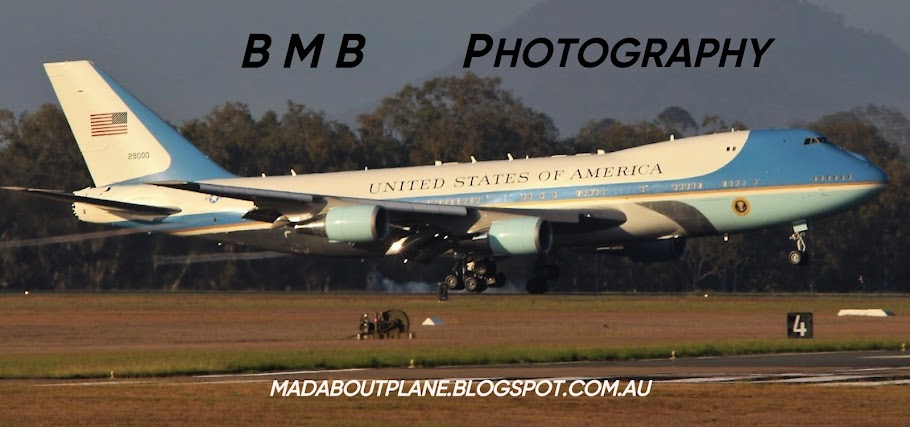Dust off your passport, because Australia's international travel ban is now a thing of the past – at least for the fully-vaccinated. Prime Minister Scott Morrison confirmed that the ban – which has been in place since March 2020 – will officially end on Monday 1st November.
"I can announce that the Health Minister has signed off on the fact that, from November 1, Australians who are double vaccinated will be able to travel overseas," he said.
For the past 19 months, any Australians wanting to travel overseas had to apply for a special government exemption issued by the Department of Home Affairs. Home Affairs has now updated its website to reflect the new state of post-pandemic travel, saying "the government has announced that Australian citizens or permanent residents aged 12 and over who have received two doses of a recognised vaccine will be able to travel without needing an exemption."
"Children under 12 and those who cannot be vaccinated for medical reasons will also be able to travel overseas without an exemption."
November 1 also sees New South Wales and Victoria remove the need for inbound travellers to enter hotel or home quarantine, provided they have been fully-vaccinated using a jab approved by Australia's Therapeutic Goods Administration.
Tasmania will do likewise from December 15, with South Australia set to follow suite when that state reaches 90% vaccination, which is expected to happen in early January 2022.
However, at least one step still remains: at the time of writing, the Department of Foreign Affairs and Trade still hasn't revised the travel warnings published on its Smarttraveller website, which has flagged most of the world as 'Level 4 – do not travel', which can make it impossible for people to get travel insurance and Covid cover.
"We will be allowing Australians, permanent residents and citizens and their families, to leave Australia from wherever they live in Australia and return," Morrison confirmed on Friday.
It's been a long 586 days since the Department of Home Affairs made it necessary for Australian citizens and permanent residents to receive a special exemption from the blanket ban on international travel.
Government data indicates that around 210,000 Australians were granted approval to fly overseas over the past 19 months, while over 122,000 applications were rejected.
That all changes from November 1, with Sydney Airport becoming the country's first and for now only quarantine-free gateway for all double-jabbed travellers.
The decision has seen Qantas and international airlines relaunching overseas flights to and from Sydney, or opening up existing flights to a full load of bookings rather than capping the number of seats.
With the travel ban lifted, any Australian – regardless of where in the country they live – will be able to travel overseas from November 1, including catching a domestic flight to Sydney and connecting with an overseas flight.
However, after returning to Sydney, interstate travellers will still be subject to restrictions and quarantine arrangements of their home state if they intend to head back there.
November 1 will also see NSW remove its caps for overseas arrivals, although inbound travel will be restricted to Australian citizens, permanent residents and their immediate families and parents.
If fully-vaccinated with a shot approved by Australia's Therapeutic Goods Administration, they won't need to quarantine on arrival in Sydney.
However, 14 days of hotel quarantine will still be mandatory arrivals who are not fully vaccinated by a TGA-approved jab, with those quarantine spaces capped at 210 people per week.
It's been a long 586 days since the Department of Home Affairs made it necessary for Australian citizens and permanent residents to receive a special exemption from the blanket ban on international travel.
Government data indicates that around 210,000 Australians were granted approval to fly overseas over the past 19 months, while over 122,000 applications were rejected.
That all changes from November 1, with Sydney Airport becoming the country's first and for now only quarantine-free gateway for all double-jabbed travellers.
The decision has seen Qantas and international airlines relaunching overseas flights to and from Sydney, or opening up existing flights to a full load of bookings rather than capping the number of seats.
With the travel ban lifted, any Australian – regardless of where in the country they live – will be able to travel overseas from November 1, including catching a domestic flight to Sydney and connecting with an overseas flight.
However, after returning to Sydney, interstate travellers will still be subject to restrictions and quarantine arrangements of their home state if they intend to head back there.
November 1 will also see NSW remove its caps for overseas arrivals, although inbound travel will be restricted to Australian citizens, permanent residents and their immediate families and parents.
If fully-vaccinated with a shot approved by Australia's Therapeutic Goods Administration, they won't need to quarantine on arrival in Sydney.
However, 14 days of hotel quarantine will still be mandatory arrivals who are not fully vaccinated by a TGA-approved jab, with those quarantine spaces capped at 210 people per week.
Full story sourced from here

No comments:
Post a Comment